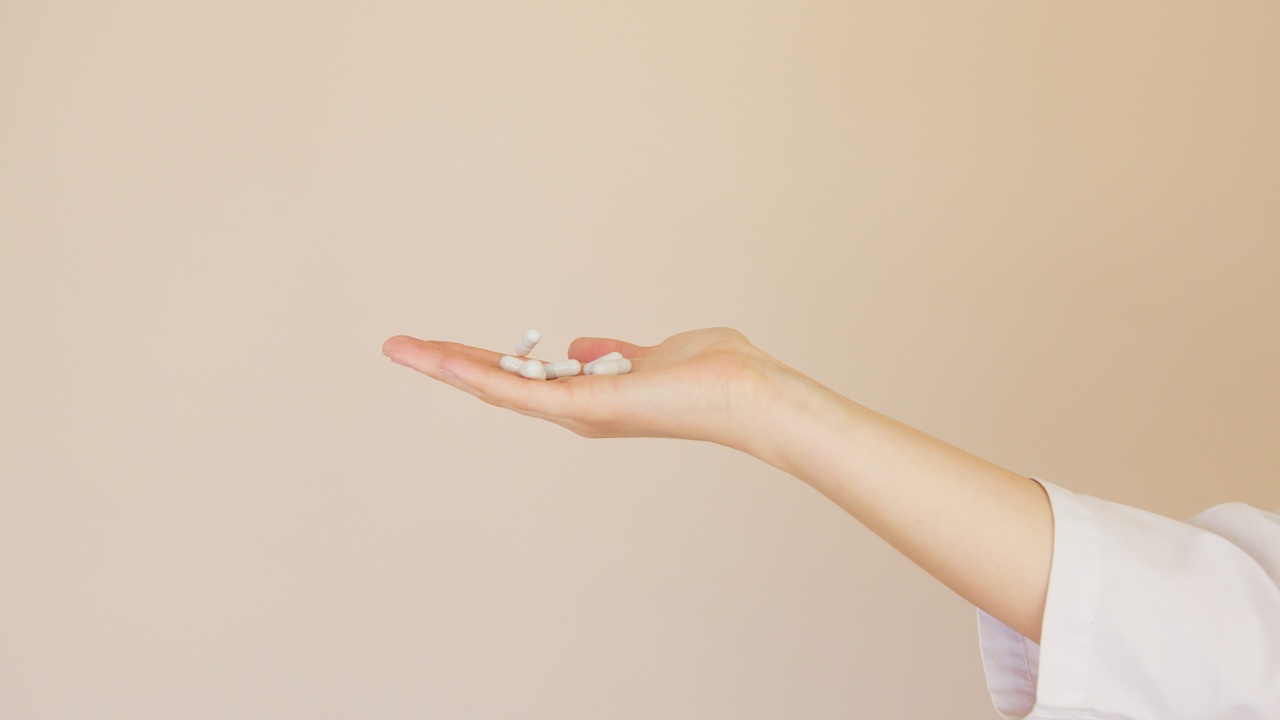Diabetes is a chronic medical condition characterized by high blood sugar levels. It affects millions of people worldwide and requires lifelong management.
Anti-diabetic medications play a crucial role in controlling blood sugar levels, and they are available in various forms such as oral tablets and injectables. While these medications are generally safe and effective, they can sometimes have side effects on various systems of the body, including the bile system. In this article, we will explore the side effects of anti-diabetic medication on bile.
Understanding the Bile System
The bile system is an integral part of the digestive system. Bile is produced by the liver and stored in the gallbladder. It plays a vital role in the digestion and absorption of dietary fats.
Bile contains various substances, including bile salts, bilirubin, cholesterol, and phospholipids. These components help emulsify fats and facilitate their breakdown in the small intestine.
Common Anti-Diabetic Medications
There are several classes of anti-diabetic medications, each with its own mechanism of action. Some of the most commonly prescribed anti-diabetic medications include:.
- Sulfonylureas
- Biguanides
- Alpha-glucosidase inhibitors
- Thiazolidinediones
- Dipeptidyl peptidase-4 (DPP-4) inhibitors
- Sodium-glucose co-transporter 2 (SGLT2) inhibitors
- Insulin
Side Effects of Anti-Diabetic Medication on Bile
While the primary role of anti-diabetic medications is to control blood sugar levels, they can have secondary effects on the bile system. Here are some potential side effects:.
1. Cholestasis
Cholestasis is a condition characterized by the impaired flow of bile from the liver to the small intestine.
Certain anti-diabetic medications, such as sulfonylureas and thiazolidinediones, have been associated with an increased risk of developing cholestasis. This can lead to the accumulation of bile within the liver, causing liver dysfunction and potentially leading to jaundice and elevated liver enzymes.
2. Altered Bile Composition
Some anti-diabetic medications, particularly those that affect lipid metabolism, can alter the composition of bile.
This can result in an increased concentration of cholesterol and bilirubin in the bile, increasing the risk of gallstones or other gallbladder-related complications.
3. GI Motility Issues
A few anti-diabetic medications, such as alpha-glucosidase inhibitors, can cause gastrointestinal (GI) motility issues.
These medications slow down the digestion and absorption of carbohydrates in the gut, which can lead to flatulence, bloating, and diarrhea. These GI symptoms can indirectly affect the bile system and disrupt its normal function.
4. Drug-Induced Hepatitis
In rare cases, anti-diabetic medications can cause drug-induced hepatitis, a condition characterized by inflammation of the liver. This inflammation can affect the production and secretion of bile, resulting in bile-related complications.
5. Drug Interactions
Some anti-diabetic medications, particularly those metabolized by the liver, can interact with other medications that affect the bile system.
For example, statins (cholesterol-lowering medications) and certain antibiotics may interfere with the metabolism of anti-diabetic medications, leading to potential side effects on the bile system.
Preventing and Managing Side Effects
While side effects on the bile system can occur with anti-diabetic medications, the benefits of these medications often outweigh the risks.
However, it is essential to monitor liver function regularly, especially when initiating new anti-diabetic medications or adjusting doses. If any bile-related side effects are suspected, healthcare providers may recommend discontinuing or switching medications to mitigate these effects.
Conclusion
Anti-diabetic medications are crucial in managing blood sugar levels in individuals with diabetes. While they are generally safe and effective, they can have side effects on the bile system.
It is essential for healthcare providers to monitor patients for any potential bile-related side effects and adjust medications accordingly. Overall, the benefits of anti-diabetic medications in controlling diabetes often outweigh the risks of these rare side effects on bile.































